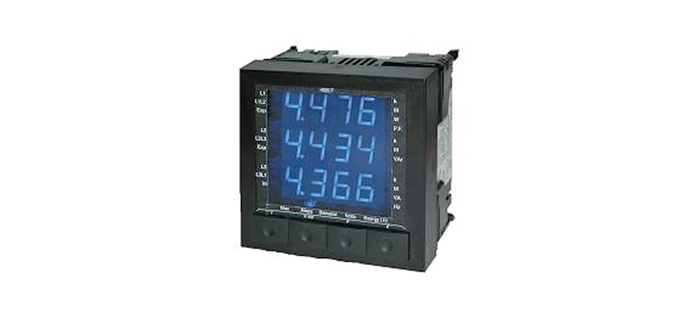
M850 Multi-function Meters
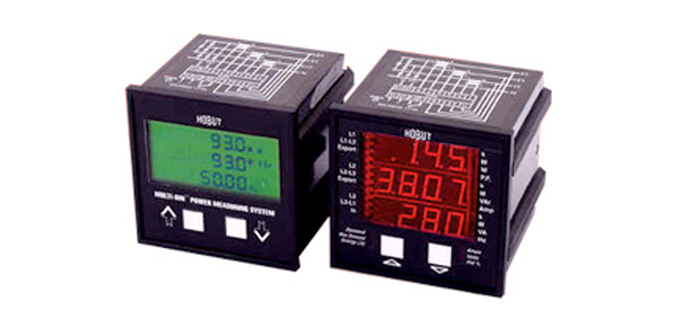
M802 & M812 Multi-function Meter
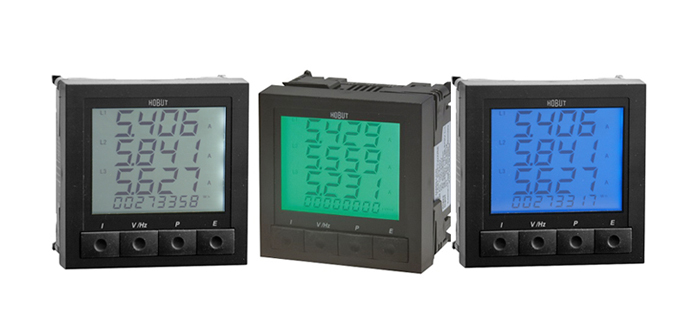
M850-LTHN Multifunction Power Meters
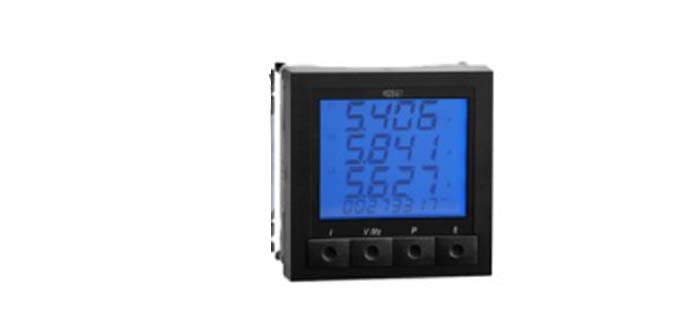
M850-LDD DC Measuring Multifunction Meters
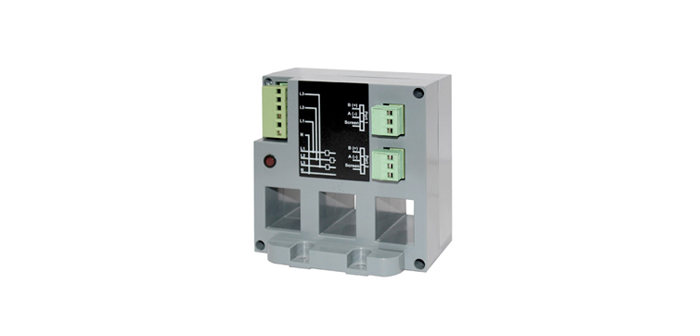
3 Phase CT with inbuilt Power Meter
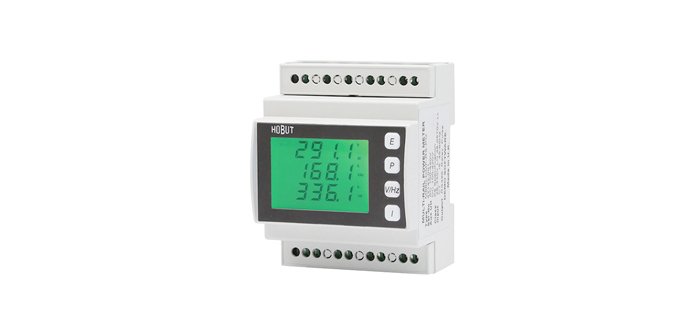
M880 DMF Din Rail Power Meter
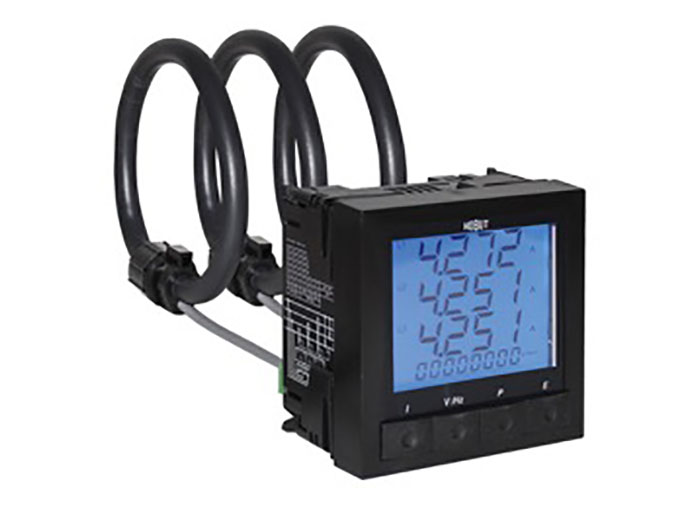
Multifunction Meter + Rogowski Coil M850-LRC
The Uses of Power Meters
Power meters are devices used to measure the electrical power consumption or generation of a device, appliance, or an entire electrical system. They provide valuable information about the amount of power being consumed or produced, allowing users to monitor and manage energy usage efficiently.
Here are some common applications and purposes of power meters:
1. Energy Monitoring:
Power meters are often used in homes, offices, and industries to monitor energy consumption. They provide real-time data on the amount of electricity being used, allowing individuals or organisations to track and analyse their energy usage patterns. This information helps in identifying areas of high consumption and implementing strategies for energy conservation.
2. Billing and Cost Allocation:
Power meters are essential for utility companies to accurately measure and bill customers for the amount of electricity consumed. They help in determining the exact usage and enable fair distribution of costs among multiple tenants or users in a shared facility. Sometimes these meters are referred to as MID meters
3. Load Management:
Power meters play a crucial role in load management systems, especially in large-scale industrial settings. By monitoring the power usage of different equipment or machinery, organisations can optimise their operations, avoid overloading circuits, and prevent power outages.
4. Renewable Energy Systems:
Power meters are widely used in renewable energy installations such as solar panels or wind turbines after converting the power from DC to AC. They measure the power generated by these sources, enabling users to track the performance and efficiency of their renewable energy systems. This information is valuable for assessing the return on investment and evaluating the overall sustainability of the setup.
5. Power Quality Analysis:
Power meters provide detailed insights into the quality of electrical power supplied to a location. They measure parameters like voltage fluctuations, harmonics, frequency variations, and power factor. Power quality analysis helps in identifying and troubleshooting issues related to voltage sags, surges, flickering lights, and other power-related problems.
Power meters can come in various forms, including plug-in energy meters for individual appliances, sub-metering systems for different areas within a building, or advanced smart meters that communicate with utility companies for remote monitoring and data collection.
Overall, power meters are instrumental in energy management, enabling users to monitor, control, and optimize their power consumption or generation for improved efficiency, cost savings, and environmental sustainability.
Any Questions
For further information on any of our products please fill in our call back request form, and one of our dedicate sales team will call you.
Alternativley you can call us direct on:
+44 (0)1922 640003